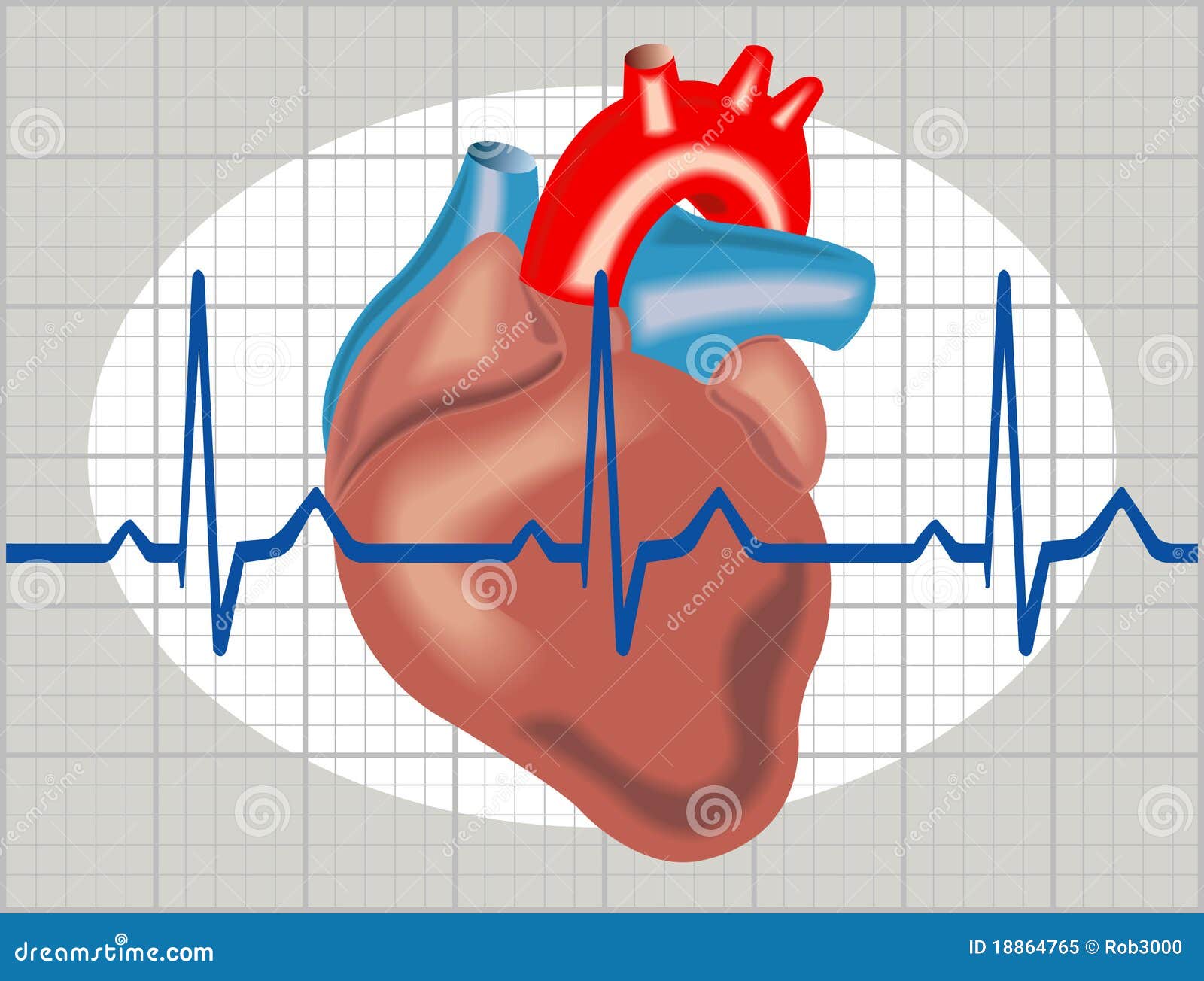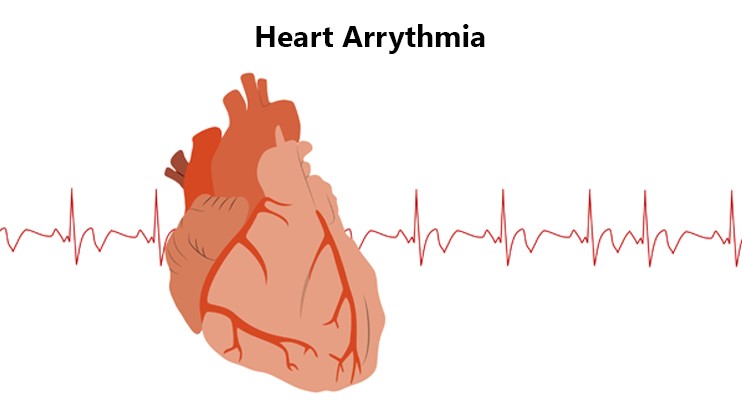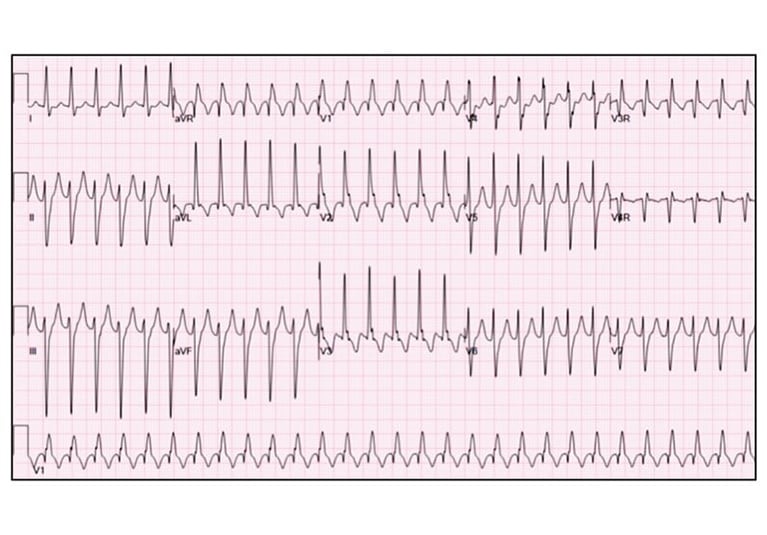

cardioversion – a treatment that uses electricity to shock the heart back into a normal rhythm while you are anaesthetised or sedated.medication – to stop or prevent an arrhythmia or control the rate of an arrhythmia.The treatments used for arrhythmias include: Any underlying causes of your arrhythmia, such as heart failure, will need to be treated as well. How your arrhythmia will be treated will depend on whether it is a fast or slow arrhythmia or heart block. echocardiogram (echo) – an ultrasound scan of your heart.electrophysiological (EP) study – a test to find problems with the electrical signals in your heart by passing soft wires up a vein in your leg and into your heart while you are sedated.cardiac event recorder – a device to record occasional symptoms over a period of time whenever you have them.Other tests used in diagnosing arrhythmias include: If your symptoms seem to be triggered by exercise, an exercise ECG may be needed to record your heart rhythm while you are using a treadmill or exercise bike. This is called a Holter monitor or ambulatory ECG monitoring.
Heart arrhythmia portable#
This may involve wearing a small portable ECG recording device for 24 hours or longer. If the ECG doesn't find a problem, you may need further monitoring of your heart. The most effective way to diagnose an arrhythmia is with an electrical recording of your heart rhythm called an electrocardiogram (ECG). If your symptoms persist or there's a history of unexplained sudden death in your family, it's important for your GP to refer you to a heart specialist. These abnormalities range from a minor inconvenience or discomfort to a potentially fatal problem. It may beat too slowly, too quickly, or irregularly.

An arrhythmia is an abnormality of the heart's rhythm. The heart's rhythm is controlled by electrical signals. You can also make lifestyle changes so you avoid some of the triggers for your heart rhythm problem. Treatment aims to prevent future episodes. However, a healthy lifestyle can lower your risk of developing a heart condition.

It is not always possible to prevent an arrhythmia developing.

Most people with an abnormal heart rhythm can lead a normal life if it's diagnosed and treated. The heart may beat too slowly, too quickly, or irregularly. An arrhythmia is an abnormal heart rhythm.


 0 kommentar(er)
0 kommentar(er)
